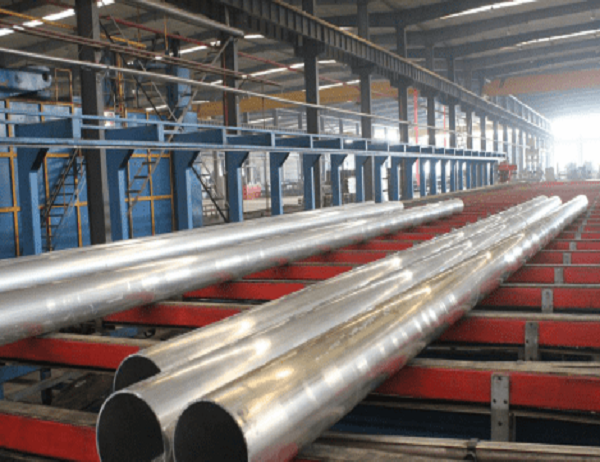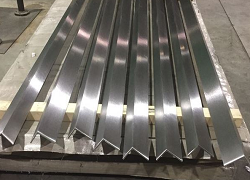Whether you’re designing a new electronic product from the ground up or upgrading an existing one, selecting the right aluminum heat sink is crucial. A well-chosen heat sink will help to keep your components cool and running efficiently, extending their lifespan and reducing the risk of overheating.
Material Selection
Aluminum is a popular choice for heat sinks due to its excellent thermal conductivity, durability, and lightweight nature. When selecting an aluminum heat sink, you must consider the purity of the aluminum. Higher purity aluminum alloys offer better thermal conductivity, but they can also be more expensive.
Surface Treatment
The surface treatment of the heat sink can also impact its performance. Anodization is a common surface treatment that increases corrosion resistance and improves heat transfer. Black anodized heat sinks are particularly effective at radiating heat.
Fin Design
The fin design of the heat sink plays a significant role in its cooling capacity. Fins increase the surface area of the heat sink, allowing more heat to be dissipated. Heat sinks with more fins will généralement have better cooling performance, but they can also be bulkier and more expensive.
Size and Shape
The size and shape of the heat sink should be carefully considered to ensure it fits well within the available space. Heat sinks come in various sizes and shapes, including rectangular, square, and round. The ideal size and shape will depend on the specific application and the amount of heat that needs to be dissipated.
Assembly Method
The method of assembly is an important factor to consider when choosing a heat sink. Heat sinks can be attached to components using screws, clips, or thermal adhesive. The assembly method should be compatible with the component and the application requirements.
Cost
The cost of the heat sink is an important consideration, especially for high-volume applications. Heat sinks can range in price from a few dollars to hundreds of dollars, depending on the size, material, and surface treatment. It is essential to weigh the cost against the performance and reliability requirements of the application.
By following these tips, you can choose the best aluminum heat sink for your application. A well-chosen heat sink will help to ensure the efficient operation and longevity of your electronic components.



